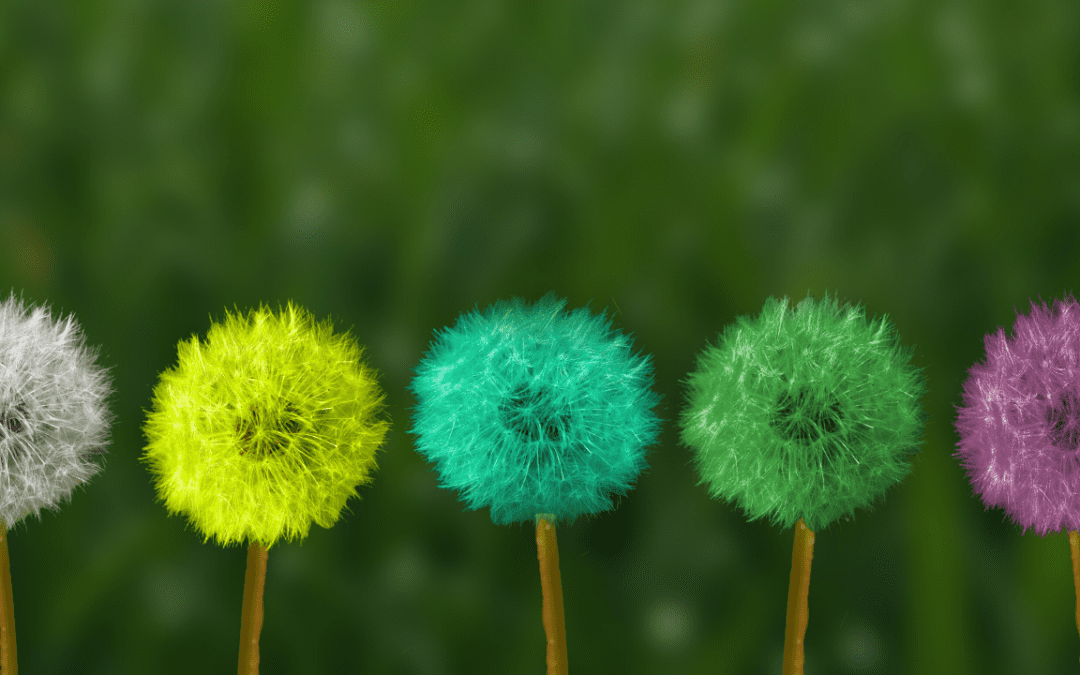Mindfulness for health
Health Information Week is a national, multi-sector campaign to promote high quality information, the aim of this blog is have an impact on people’s ability to stay healthy, manage illnesses effectively and take steps towards improving their mental health using mindfulness.
Mindfulness – a closer look
Mindfulness has existed for centuries, at least since 500BC with its roots deeply planted in Eastern philosophies from India, Ancient Nepal, Tibet, China and Japan. Affecting what we say, do and think, mindfulness focuses on our attention on being fully aware of our thoughts and actions, whilst developing wisdom through the encouragement of compassion and non-judgement. Mindfulness is a mental state achieved by focussing our awareness on the present moment while acknowledging and accepting our feelings, thoughts and physical sensations without judgement. When I am asked about mindfulness I say it is more about the ‘not doing’ rather than having to add something else into your day.
As humans we tend to employ our same learnt emotional response when faced with challenging situations which may lead us to panic, or into a negative spiral, either imagine the worst or try and predict the future to keep us and those we love safe and well. Mindfulness offers us the opportunity to pause, reflect and consider our actions. Constant repetition of regular mindfulness and meditation practices can help to re-program our brain, increasing our resilience and promoting feelings of health, happiness, wellness and purpose.
We all have the capacity to use mindfulness to find happiness. Happiness is not something you can postpone to the future we can challenge ourselves to be happy, right here, right now. If we want peace, joy and happiness, it is only really possible to discover it in the present moment. You could also look at it as the art of transforming any in-avoidable suffering.
Whether the moment is a happy one or not entirely depends on us as we are the only ones who can make the moment happy rather than the moment making us happy. When we use mindfulness, the right concentration and insight, any moment can be happy.
Where to start?
Mindfulness helps us become present in the here and now to recognise what we have right there within us and around us. If we think happiness will arrive by post, in the form of a new car or descend from the sky we will be waiting a long time! If you look up happiness in the dictionary it is defined as a ‘state’ which means that it would have difficulty in remaining constant and to chase it would be foolish. First we need to decide what happiness means to us personally, then expand on that by thinking about all the conditions of happiness we already have, we may realise how lucky we already are.
Mindfulness allows a mental state of ‘ease’ so being in the present moment rather than the past which is gone or the future which is unpredictable, it can bring happiness, nourishment and healing. Something I always recommend is to just sit and pay attention to your breath without trying to change it, after a few minutes as you breathe in say internally the word ‘ease’ and again as you breathe out repeat the word ‘ease’.
Mindfulness encourages us not to take our thoughts too seriously, removing the need to live in our heads without adding any drama. This state is a cornerstone of mindfulness referred to as ‘awareness’. Mindfulness is also about non-judgement and compassion for ourselves and others. Judgement stems from a place of fear and compassion is being kind, having empathy, tolerance, understanding of yourself and others. Reminding yourself that you are important and constantly tell yourself that you do not have to be perfect but you are simply a work in progress, and that is good enough.
Ideas to live mindfully
• Performing random acts of kindness
• Try give up the need to always be right and go a day without complaining or criticising
• Lessen your time on social media
• If you can go outdoors, spend time in nature
• Take a break from the need to control or blame others or avoid taking ownership of other people’s dramas
• Give up your limiting beliefs and self-defeating talk
• Embrace change rather than resist it
• Give up living your life to other people’s expectations
• Listen to others without planning your reply
• Keep a gratitude journal
• Accept happiness is not a constant state but you are in control whether the moment is happy or not
• Avoid resisting against problems
• Take a break from feeling entitled to a life free of suffering
Gail Donnan is a published author of wellness books for adults and children. Some of the above has been extracted from her first book – The Gateway – A Journey to re-claim your power from stress and anxiety which is available to buy on her website www.gaildonnan.com or on Amazon.
She is the founder of The Mindfulspace Wellbeing Company (health studios and training academy), she is part of the writing team for Beauty Despite Cancer, along with being an ambassador for Psychologies magazine, a freelance wellness writer, a virtual presenter for Inspire Radio, has 25 years’ experience in the wellness industry, 20 years’experience with mindfulness and meditation and runs a private wellness practise in Ripon, North Yorkshire.

